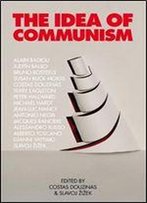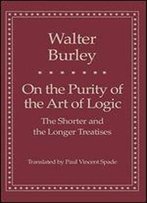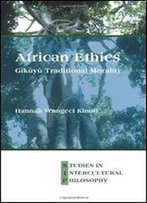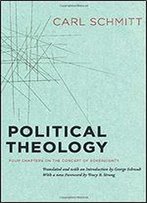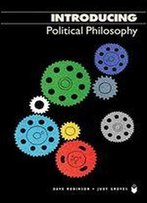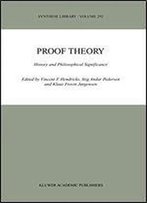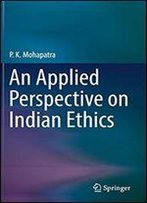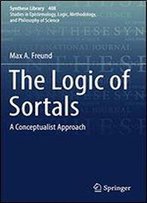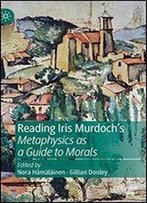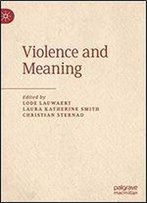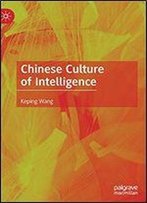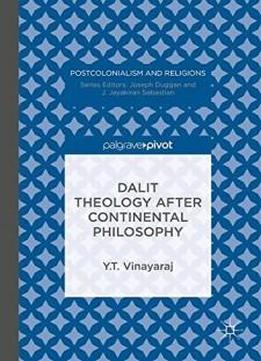
Dalit Theology After Continental Philosophy (postcolonialism And Religions)
by Y.T. Vinayaraj /
2016 / English / PDF
1.5 MB Download
This book, steeped in the traditions of both postcolonial theory
and Continental philosophy, addresses fundamental questions about
God and theology in the postcolonial world. Namely, Y.T. Vinayaraj
asks whether Continental philosophies of God and the ‘other’ can
attend to the struggles that entail human pain and suffering in the
postcolonial context. The volume offers a constructive proposal for
a Dalit theology of immanent God or de-othering God as it emerges
out of the Lokayata, the Indian materialist epistemology.
Engaging with the post-Continental philosophers of immanence
such as Gilles Deleuze, Giorgio Agamben, Catherine Malabou, and
Jean-Luc Nancy, Vinayaraj explores the idea of a Dalit theology of
God and body in the post-Continental context. The book investigates
how there can be a Dalit theology of God without any Christian
philosophical baggage of transcendentalism. The study ends with a
clarion call for Indian Christian Theology to take a turn toward an
immanence that is political and polydoxical in content.
This book, steeped in the traditions of both postcolonial theory
and Continental philosophy, addresses fundamental questions about
God and theology in the postcolonial world. Namely, Y.T. Vinayaraj
asks whether Continental philosophies of God and the ‘other’ can
attend to the struggles that entail human pain and suffering in the
postcolonial context. The volume offers a constructive proposal for
a Dalit theology of immanent God or de-othering God as it emerges
out of the Lokayata, the Indian materialist epistemology.
Engaging with the post-Continental philosophers of immanence
such as Gilles Deleuze, Giorgio Agamben, Catherine Malabou, and
Jean-Luc Nancy, Vinayaraj explores the idea of a Dalit theology of
God and body in the post-Continental context. The book investigates
how there can be a Dalit theology of God without any Christian
philosophical baggage of transcendentalism. The study ends with a
clarion call for Indian Christian Theology to take a turn toward an
immanence that is political and polydoxical in content.
